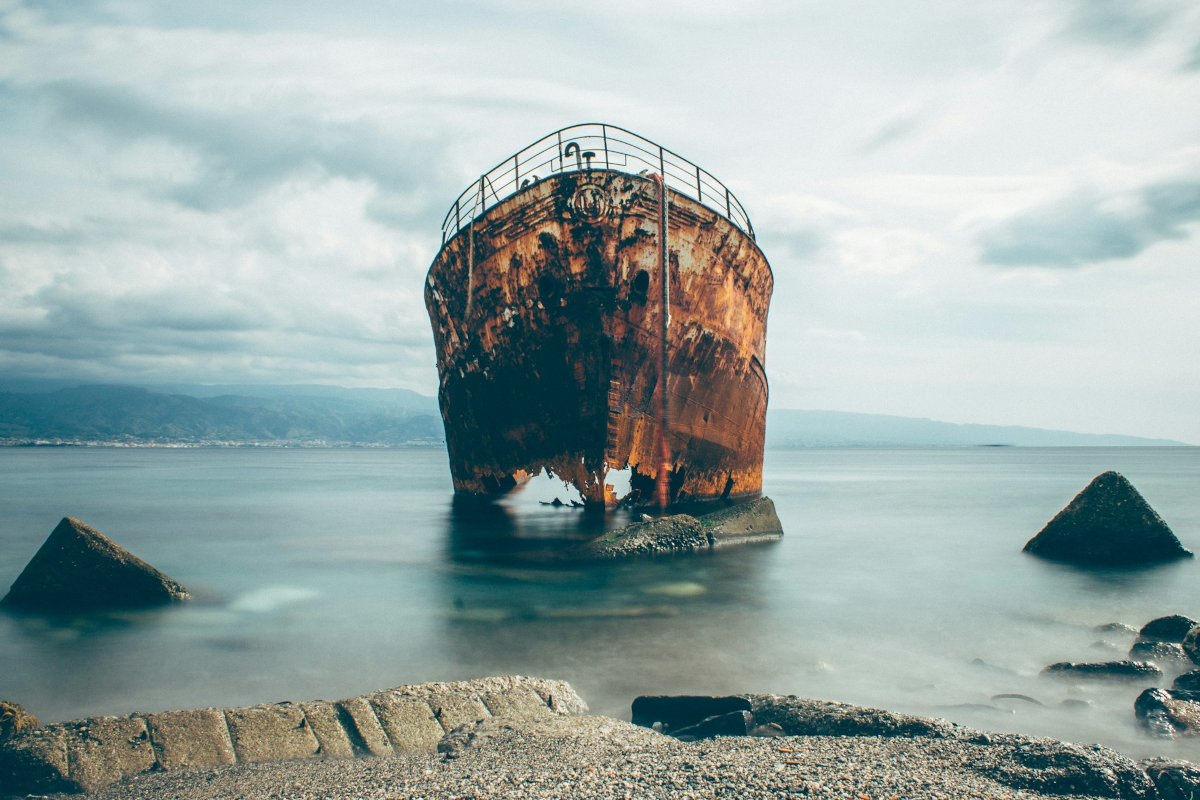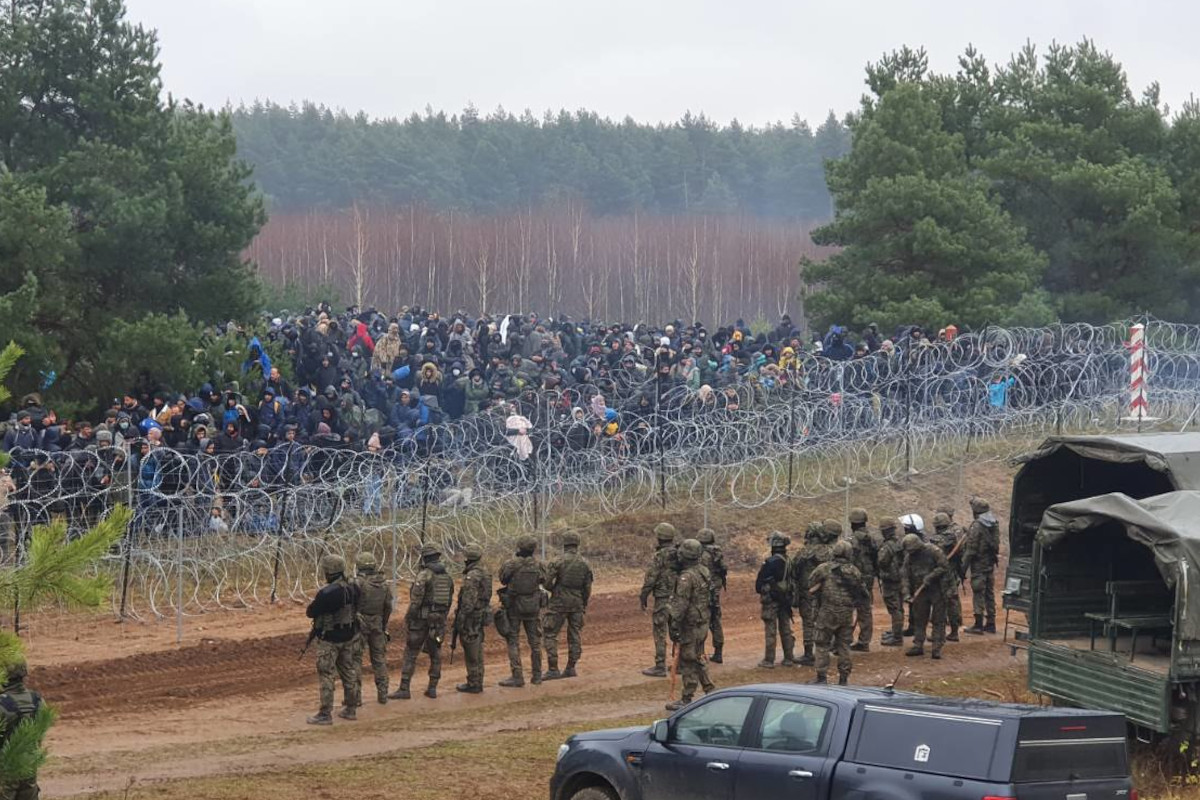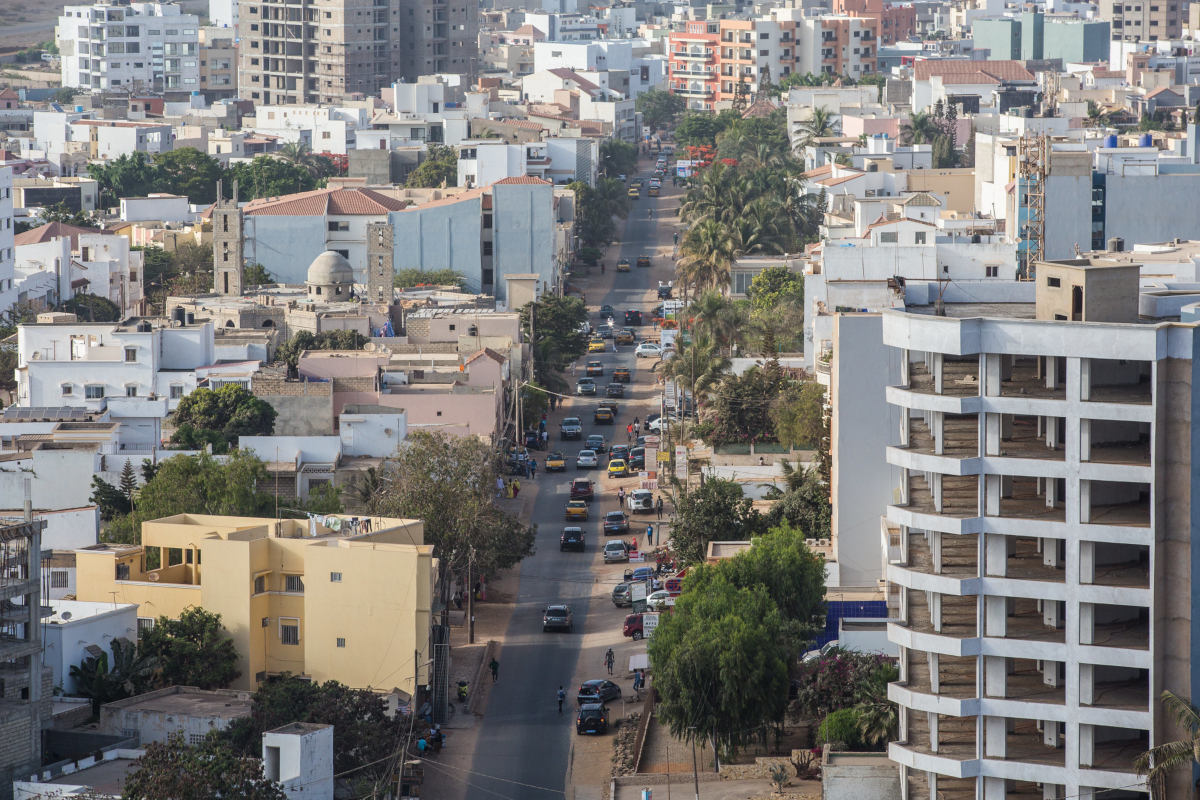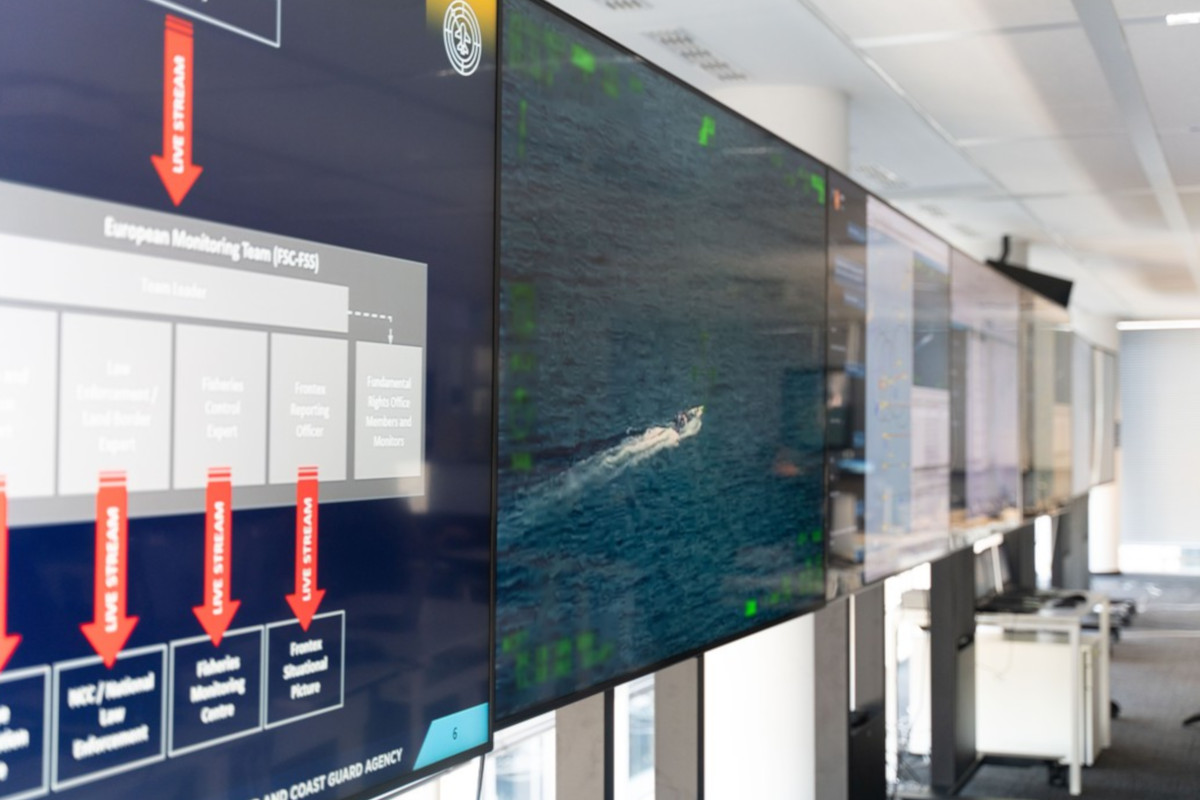Frontex collaboration with Libya: “we call them and try to persuade them to take them back”
Topic
Country/Region
12 June 2024
The EU Border and Coast Guard Agency, Frontex, has been accused of aiding the return of migrants who have fled Libya back to the country, and to possible torture and blackmail. Border guards who have worked for Frontex, speaking to journalists from the Swedish television programme Mission Investigate, by Sveriges Television (SVT), revealed just how close contact with groups in the country is. Meanwhile, a rescue mission in the Mediterranean being documented by Mission Investigate was fired upon by the so-called Libyan coast guard.
Support our work: become a Friend of Statewatch from as little as £1/€1 per month.

This article and videos were originally produced by Mission Investigate for Sveriges Television (see here and here) and are published here with permission.
Not a safe port
Frontex’s official line is that they only have contact with the Libyan authorities concerning boats in some kind of distress in order to save lives, in accordance with international law, and the agency does not consider Libyan to be a safe country. A spokesperson recently told Der Spiegel and Lighthouse Reports that it shares the coordinates of boats with Libya “with a heavy heart.”
“Given a choice, it’d be wrong to let the migrants go ashore there,” Jonas Grimheden, head of Frontex’s Fundamental Rights Office, told journalists from Mission Investigate. In documents seen by the journalists, officials express grave concerns over the sharing of information and possible cooperation with Libya, since the return of migrants is a potential human rights violation.
Cooperation on pull-backs
Nevertheless, cooperation continues unabated.
“As soon as we see a migrant boat leave Libya, for example, we call them and try to persuade them to take them back. And a lot of the time we succeed,” Swedish coast guard Jörgen Hansson, who worked at the Frontex Situation Centre for four months in 2023, told Mission Investigate.
Another Situation Centre officer said that Frontex informs Libya of all migrant boats – since they could all potentially end up in distress at sea. “They go out and take these refugees back pretty often,” a coast guard working for Frontex told the journalists.
Frontex director Hans Leijtens declined an interview with Mission Investigate, citing time constraints, and refused to respond to the accounts of the two officials that Mission Investigate spoke to.
The agency said in an email to Mission Investigate that they are not the ones who decide where migrants are to be set ashore. Rather than coordinating the rescue operations, they monitor the crossings and raise the alarm if a boat is in distress, as they are required to do by the prevailing laws and directives.
Rescue interrupted
As part of the filming for the same series, Mission Investigate photographer Henrik Hjort went aboard the civil rescue ship SOS Humanity 1, operated by the German organisation of the same name.
The vessel was called to a distress situation and proceeded to start rescuing people from the overcrowded dinghy on which they were travelling, when the Libyan coast guard arrived on the scene.
There was shooting by the Libyan coast guard, people fell overboard and the civil rescue ship was forced to leave the area at gunpoint.
Hjort was called upon by the captain of the SOS Humanity 1 to stop filming and help the crew with the rescue. He recounts his experience in the video clip below.
Violence and abuse
For many years, the EU has financed projects in Libya and invested in the country’s coast guard. The intention, according to the EU is to enhance capacity, train crews and save lives.
EU support so far has amounted to at least €64,000 euro and numerous ships and boats, according to SVT – despite evidence of abuse against migrants and shootings. The migrants also risk being returned to camps, where torture and blackmail are rife.
Investigators appointed by the UN reported in 2023 that there was evidence of crimes against humanity being committed in the country, against both citizens and foreigners.
Rescue ships criticised
The rescue ships operated by voluntary organisations have been criticised for participating in the irregular migrant crossings, but the crew of SOS Humanity stand their ground.
“European states have systematically closed off all legal routes into the EU,” says Laura Gorriahn, chair of SOS Humanity. “So in order to seek asylum, which is a fundamental human right, they must embark on an extremely perilous journey across the Mediterranean.”
EU officials, meanwhile, continue to defend cooperation with Libya. “If one were to say that we can only cooperate with international partners with a spotless human rights record, we’d find ourselves very much on our own,” the Swedish social democrat Ylva Johansson, currently EU Commissioner for Migration and Home Affairs, told SVT.
Our work is only possible with your support.
Become a Friend of Statewatch from as little as £1/€1 per month.
Further reading

From Cutro to Pylos: what two shipwrecks reveal about Europe’s deadly migration policies
The anniversary of the shipwreck in Crotone on 26 February was marked by relatives and supporters of at least 94 people who died on the morning of that same day in 2023. They gathered on the beach in Cutro, in the city of Milan, and elsewhere in Italy: the names of the dead were read at public events, and survivors gave their testimonies.Three months later, it will also be the first anniversary of the Pylos shipwreck, in which at least 500 people lost their lives, and similar events will mark that anniversary. [1]

Finland and Italy want more military involvement in migration control
The Finnish and Italian governments last month presented a plan on “countering instrumentalization of migration and migrant smuggling” to the EU Foreign Affairs Council meeting, calling for “innovative ways” to address the issues – including by increased cooperation between the EU and NATO.

“PUSH BACK FRONTEX”: campaign in Senegal targets deployment of EU border agency
A campaign against the deployment of Frontex in Senegal is seeking to halt a proposed agreement between the EU and the West African state and to denounce “how the EU collaborates with our complicit regimes killing people in the Mediterranean and in transit countries.”
Spotted an error? If you've spotted a problem with this page, just click once to let us know.

